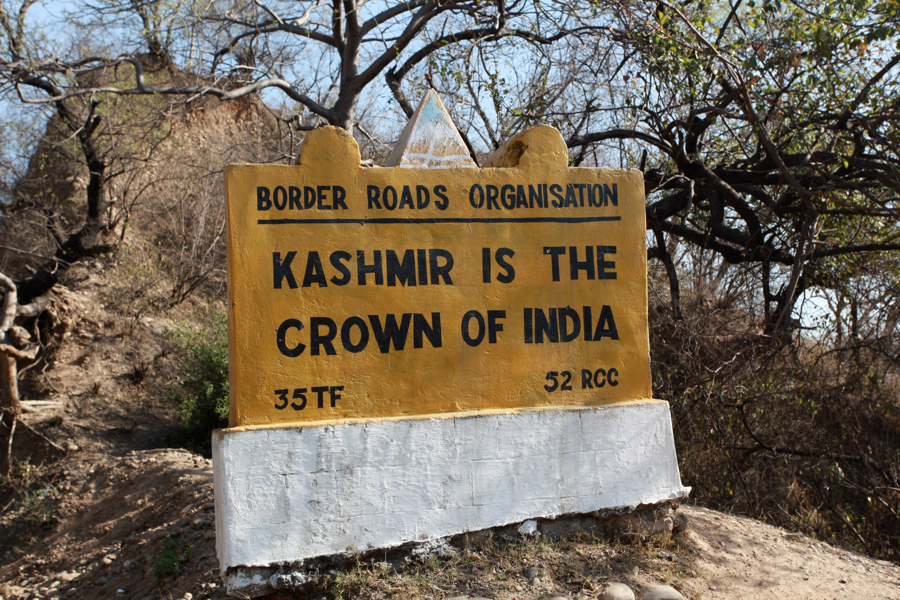Why Article 35A must go
Article 35A has recently been all over the news even as its validity has been challenged before the apex court. The impugned provision incorporated in the Constitution empowers the Jammu and Kashmir Legislature to determine who all are ‘permanent residents’ of the state of Jammu and Kashmir and confer on the permanent resident so determined special rights and privileges in public sector jobs, acquisition of property in the State, scholarships and other public aid and welfare. The provision gives excessive powers to the legislature and mandates that no legislation coming into force by virtue of the impugned provision can be challenged for violating the Constitution or any other law of the land.
Article 35A was not a part of the original Constitution. In fact, no constitutional amendment was passed to enact this provision. It was incorporated into the Constitution in 1954 by an order of the then President Rajendra Prasad on the advice of the Jawaharlal Nehru Cabinet. Therefore, the Constitution was amended by way of a Presidential Order! The said order of 1954 was preceded by Delhi Agreement entered into between Nehru and his sycophant, the then prime minister of Jammu and Kashmir, Sheikh Abduallah. It was in exercise of powers enshrined under Article 370 of the Constitution that this provision was enacted even without taking the Parliament in the loop.
The debate around Article 35A has been renewed by a batch of petitions arguing that the law is unconstitutional and must be abolished. One of the main writ petitions was filed by NGO, We the citizens, which challenged the validity of both Article 35A and Article 370 of the Constitution of India. The petition stated that Article 35A was against the “very spirit of oneness of India” as it created a “class within a class of Indian citizens.” It argued that the impugned provision restricts citizens from other states from getting employment or buying property within Jammu and Kashmir and that at the same is a blatant violation of the fundamental rights provided under Articles 14, 19 and 21 of the Constitution. The apex court has orally observed that it will examine if the impugned provision is violative of the ‘basic structure’ of the Constitution. Here, it is important to mention that the provision not only violates the rights of citizens belonging to other states but is also gender-discriminatory and retrogressive in character. It denies property rights to a woman who marries a person from outside the state. The provision, which leads such women from the state to forfeit their right over property, also applies to their heirs.
Article 35A has no legs to stand on not only because it is discriminatory in nature but also because it was passed under suspicious circumstances. It is unfathomable how Nehru resorted to a Presidential Order in order to enact this provision and did not even inform the Parliament about it. It is clear Nehru doubted that if such an amendment was brought before the Parliament it would have faced the wrath of the members of the House and despite his brute majority did not dare to go by the regular Parliamentary process. Therefore, guided by his friend, Abdullah Nehru resorted to the extraordinary powers under Article 370 of the Constitution.
Article 35A at the time of its inception had evaded parliamentary scrutiny and by virtue of the mandate against challenge to any Act of legislature under the said provision, it evades judicial scrutiny. Thus, the toxic law evades both judicial and parliamentary scrutiny which is the cornerstone of Indian democracy and Constitution making its abolition imperative.
